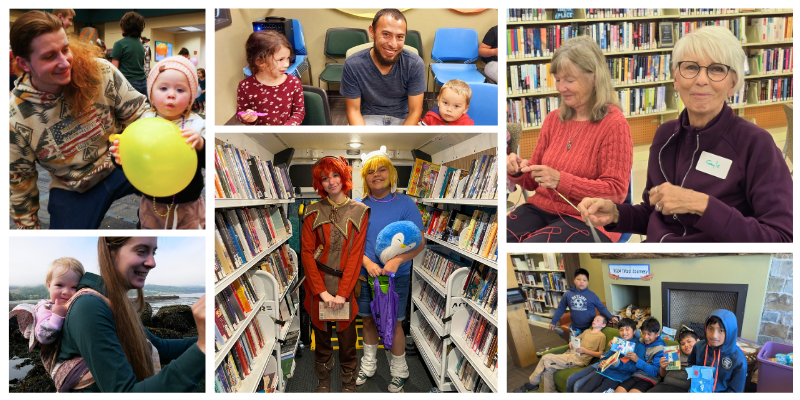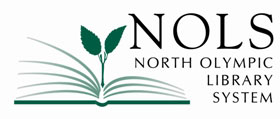

Executive Order Threatens the Future of IMLS
On March 14, President Trump issued an executive order directing the Institute of Museum and Library Services (IMLS) to significantly reduce its operations. The order calls for the elimination of non-statutory components of the agency. While it was not immediately certain what this directive would entail, in recent weeks IMLS staff have been placed on administrative leave and previously awarded grants have been terminated.
The North Olympic Library System (NOLS) is funded primarily through Clallam County property taxes, but a loss of federal funding and the IMLS will still have a big impact on local library services, explained NOLS Executive Director Noah Glaude. “NOLS patrons check out hundreds of thousands of eBooks every year, but the state consortium that is used to lend eBooks could be reduced or eliminated without IMLS funding. Blind and low vision Clallam County residents may have reduced access to books in braille, which get mailed to them by the Washington Talking Book and Braille Library. Without grants and technical support, NOLS won’t be able to digitally preserve local history resources, such as the Bert Kellogg Photo Collection that was digitized using IMLS funding, and patrons could lose access to research databases. NOLS does not have the capacity to cover the elimination of this funding and support provided by IMLS, so it is unknown at this time how the loss of services will be mitigated for our community and over 30,000 active card holders,” said Glaude.








